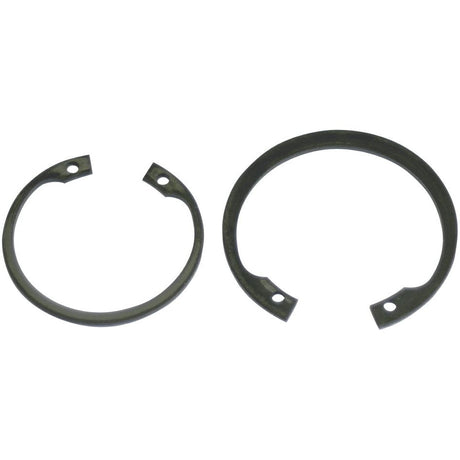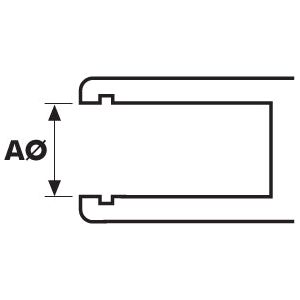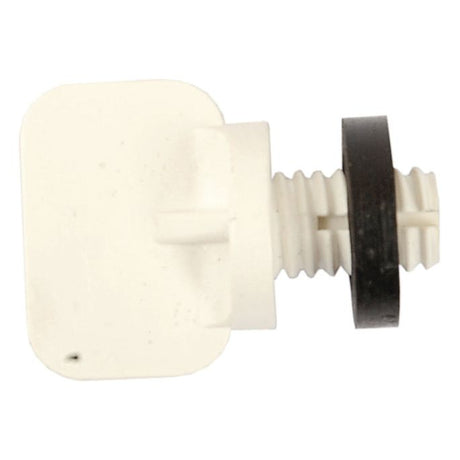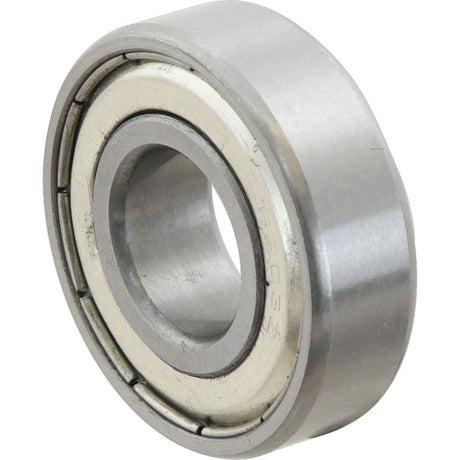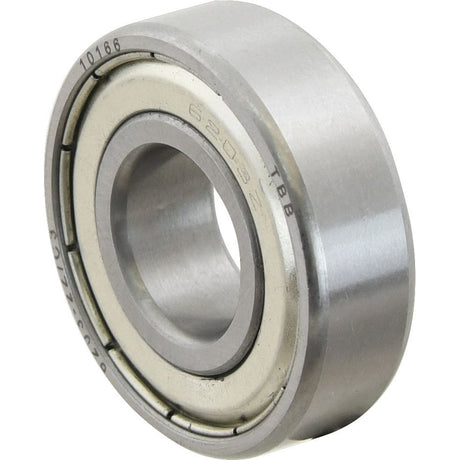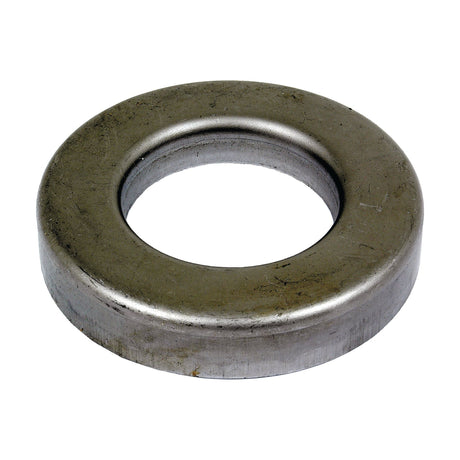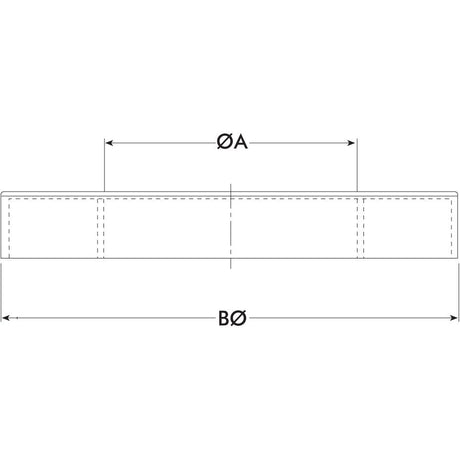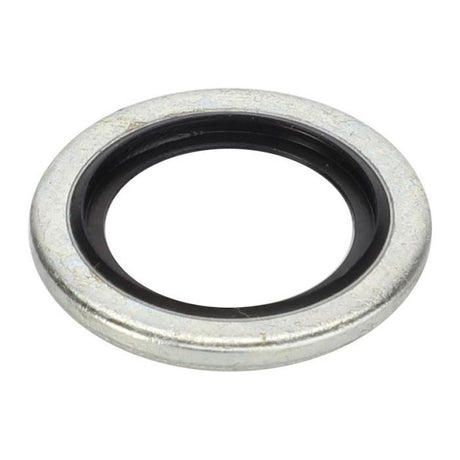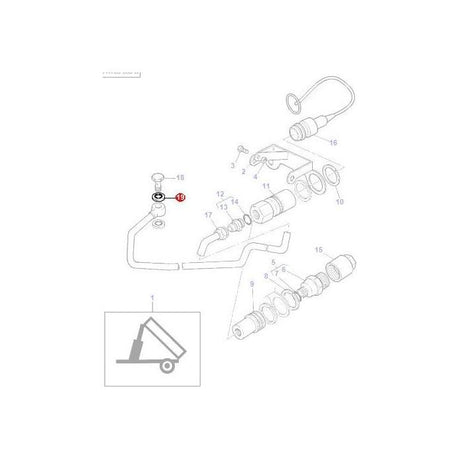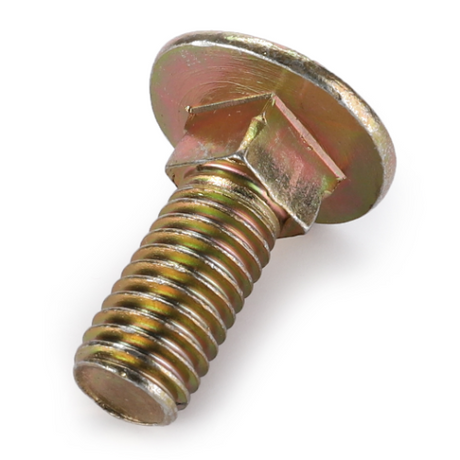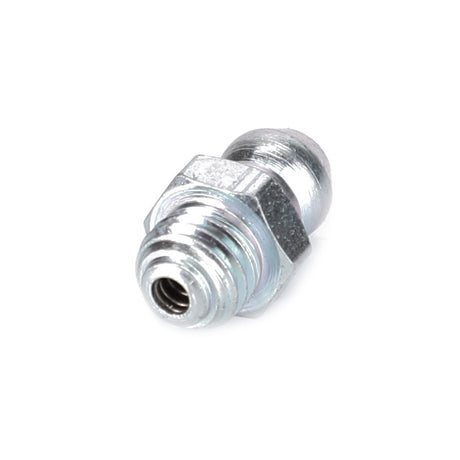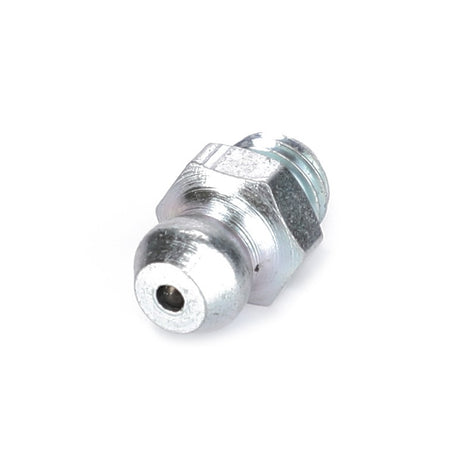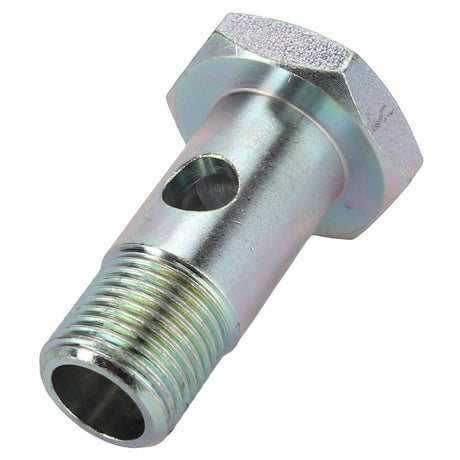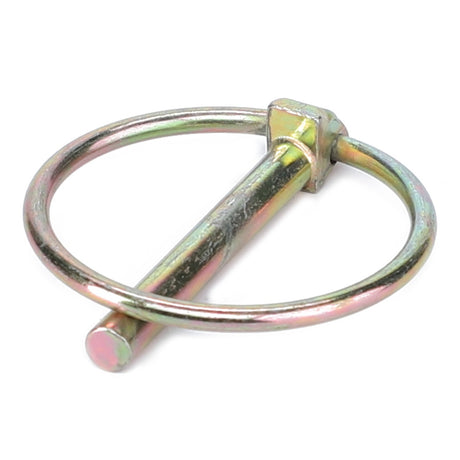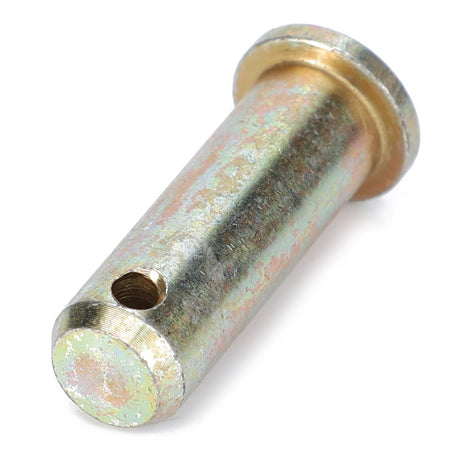The oil pump is a crucial component in the Massey Ferguson 390 tractor's engine, ensuring that oil is circulated throughout the engine to lubricate moving parts, reduce friction, and prevent overheating. Proper maintenance and timely replacement of the oil pump are essential for keeping your tractor’s engine in optimal condition. In this comprehensive guide, we will cover everything you need to know about Massey Ferguson 390 oil pumps, including their function, common issues, and tips for maintenance and replacement.
1. Understanding Oil Pumps in the Massey Ferguson 390
A. Function of Oil Pumps:
-
Oil Circulation: The primary function of an oil pump is to circulate engine oil throughout the engine. This lubrication helps to reduce friction between moving parts, ensuring smooth engine operation.
-
Pressure Regulation: Oil pumps maintain adequate oil pressure, which is essential for effective lubrication and cooling. Proper oil pressure prevents engine wear and extends the life of engine components.
-
Types: The Massey Ferguson 390 typically uses a gear-type oil pump. This type of pump uses gears to move oil from the sump to various parts of the engine.
B. Importance of Proper Oil Pump Function:
-
Engine Longevity: A well-functioning oil pump is crucial for extending the lifespan of your engine. It prevents excessive wear and tear on engine components by ensuring consistent lubrication.
-
Performance: Efficient oil circulation contributes to overall engine performance, including power output, fuel efficiency, and smooth operation.
-
Prevention of Overheating: By ensuring proper oil flow, the oil pump helps to dissipate heat and prevent engine overheating, which can lead to severe damage.
2. Common Issues with Oil Pumps
A. Low Oil Pressure:
-
Symptoms: A drop in oil pressure, indicated by the oil pressure warning light or gauge, can signal problems with the oil pump.
-
Cause: Low oil pressure may be caused by a worn-out oil pump, a clogged oil filter, or insufficient oil levels.
B. Oil Pump Failure:
-
Symptoms: Unusual engine noises, poor performance, and oil leaks can be signs of oil pump failure.
-
Cause: Wear and tear, damage to internal components, or contamination can lead to oil pump failure, affecting engine lubrication.
C. Oil Leaks:
-
Symptoms: Visible oil leaks around the oil pump area, or a noticeable drop in oil levels, may indicate a problem with the oil pump or its seals.
-
Cause: Faulty gaskets, seals, or a damaged oil pump housing can lead to oil leaks, reducing the effectiveness of the lubrication system.
3. Maintenance and Replacement Tips
A. Regular Inspections:
-
Frequency: Inspect your oil pump regularly as part of routine engine maintenance. Look for signs of wear, leaks, and performance issues.
-
Method: Check oil pressure readings, inspect for leaks, and listen for unusual engine noises that may indicate oil pump problems.
B. Cleaning and Lubrication:
-
Methods: Ensure the oil filter is regularly replaced and that oil levels are maintained within recommended ranges. Clean the oil pump and surrounding area to prevent debris buildup.
-
Frequency: Follow the manufacturer’s recommendations for oil changes and filter replacements to keep the oil pump and engine in good condition.
C. Replacing the Oil Pump:
-
Quality Parts: Use genuine OEM or high-quality aftermarket oil pumps to ensure proper fit and performance. Avoid cheap or substandard parts that may compromise engine health.
-
Professional Installation: Have the oil pump replaced by a qualified mechanic to ensure correct installation and prevent potential engine damage.
-
Maintenance Practices: Regularly check and maintain oil levels, use high-quality oil, and address any issues promptly to extend the life of your oil pump and engine.
4. Where to Find Quality Oil Pumps
A. Farmingparts.com
-
Extensive Selection: Explore our range of high-quality oil pumps for the Massey Ferguson 390 at Farmingparts.com. We offer both OEM and performance options to suit your needs.
-
Expert Advice: Get expert guidance on selecting the right oil pump for your tractor and receive professional support for installation and maintenance.
-
Convenient Ordering: Enjoy easy online ordering with fast shipping options to get your parts quickly and efficiently.
Maintaining the oil pump in your Massey Ferguson 390 is essential for ensuring optimal engine performance, longevity, and reliability. By understanding its role, recognizing signs of wear, and following proper maintenance and replacement practices, you can keep your tractor running smoothly. For top-quality oil pumps and expert support, visit Farmingparts.com and find everything you need to maintain and enhance your Massey Ferguson 390.
Ready to replace or upgrade your Massey Ferguson 390 oil pump? Visit Farmingparts.com today to explore our selection of genuine OEM and high-quality parts. Get expert advice and ensure your tractor performs at its best with the right components.


